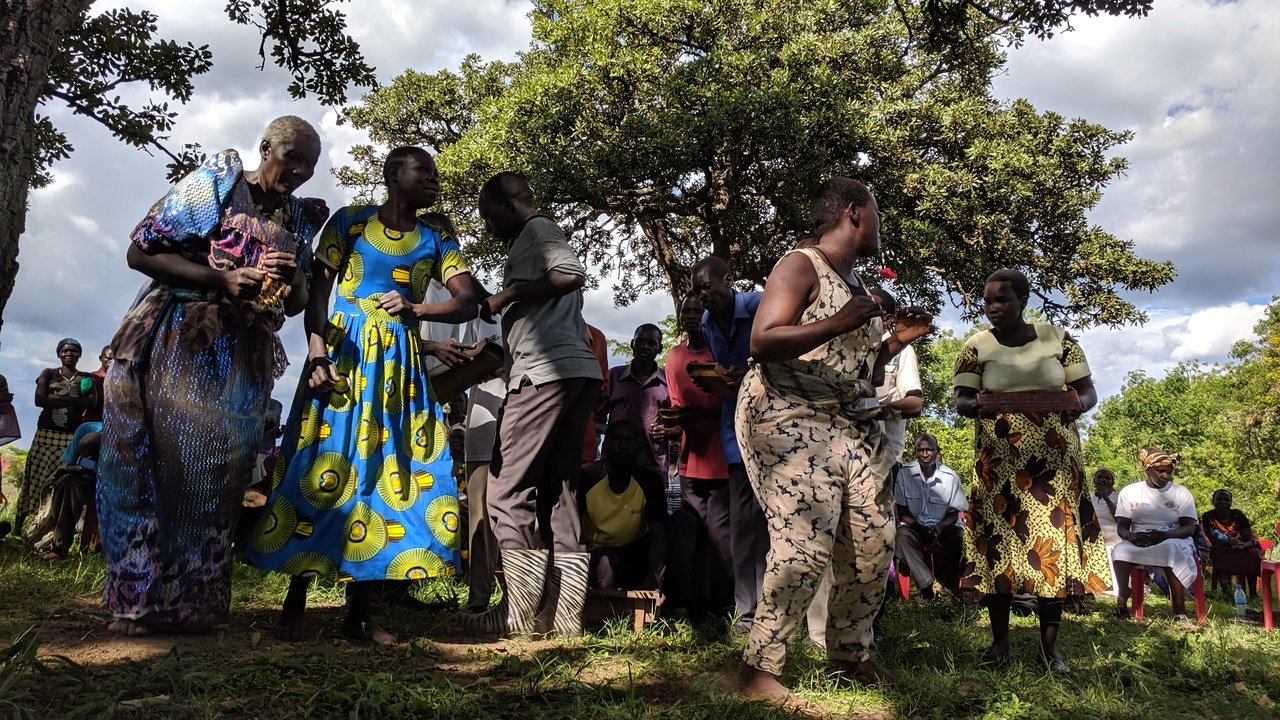Strengthening victim participation in Uganda
Between 1987 and 2006, an armed conflict waged between government forces under President Museveni and rebel forces opposing the government which tremendously affected the civilian population int he Greater North region of Uganda. Mass atrocities were committed by both sides of the conflict. Hundreds of thousands of persons were displaced, others killed, raped, maimed, abducted and conscripted by rebel forces, including more than 12,000 boys and girls. Most of the abducted girls were given to soldiers as their “wives” at a young age, and in their roles as wives, they were regularly raped by their “husbands”, and many gave birth to children while in captivity.
The Uganda Government has not sufficiently responded to the needs of victims and survivors. The majority of them continue to live with the effects of the war with no targeted initiatives to provide them with redress or specific support, apart from funds for development and reconstructions plans for war-affected communities in the North, and the limited reinsertion and reintegration support to those formerly associated with the rebel group Lord’s Resistance Army (LRA) and other rebel groups, who reported to the Amnesty Commission.
The dire situation of mothers and their children born of sexual violence is one of the most pressing issues, as they have largely been unable to access the limited government support available for war-affected children. The few mothers who have been able to access reintegration assistance through the Amnesty Commission have received the same inadequate reintegration package as male returnees and females who returned without children. Some have received an amnesty without having been involved in fighting which brands them as rebels, worsening their stimagtisation. Consultations with victims in northern Uganda have shown that their priorities for remedy focus primarily on truth-recovery and reparations for the harms suffered. Victims have also been not sufficiently included in the design and implementation of justice and accountability measures, which has impacted on the effectiveness and legitimacy of these measures.
REDRESS is working with two partners in Uganda – Emerging Solutions in Africa (ESA) and the Uganda Victims Foundation (UVF) – to strengthen the position of victims in justice and accountability processes in Uganda and to enable their meaningful participation in the design and implementation of transitional justice measures that affect them.
The project aims to foster a better understanding of victims’ rights and to empower victims and affected communities to formulate their demands and allow them to make informed decisions on the nature and the extent of their participation in the transitional justice process.
More information about the project can be found on the ESA website
For the latest updates, follow @REDRESSTrust and @ESA_UG

